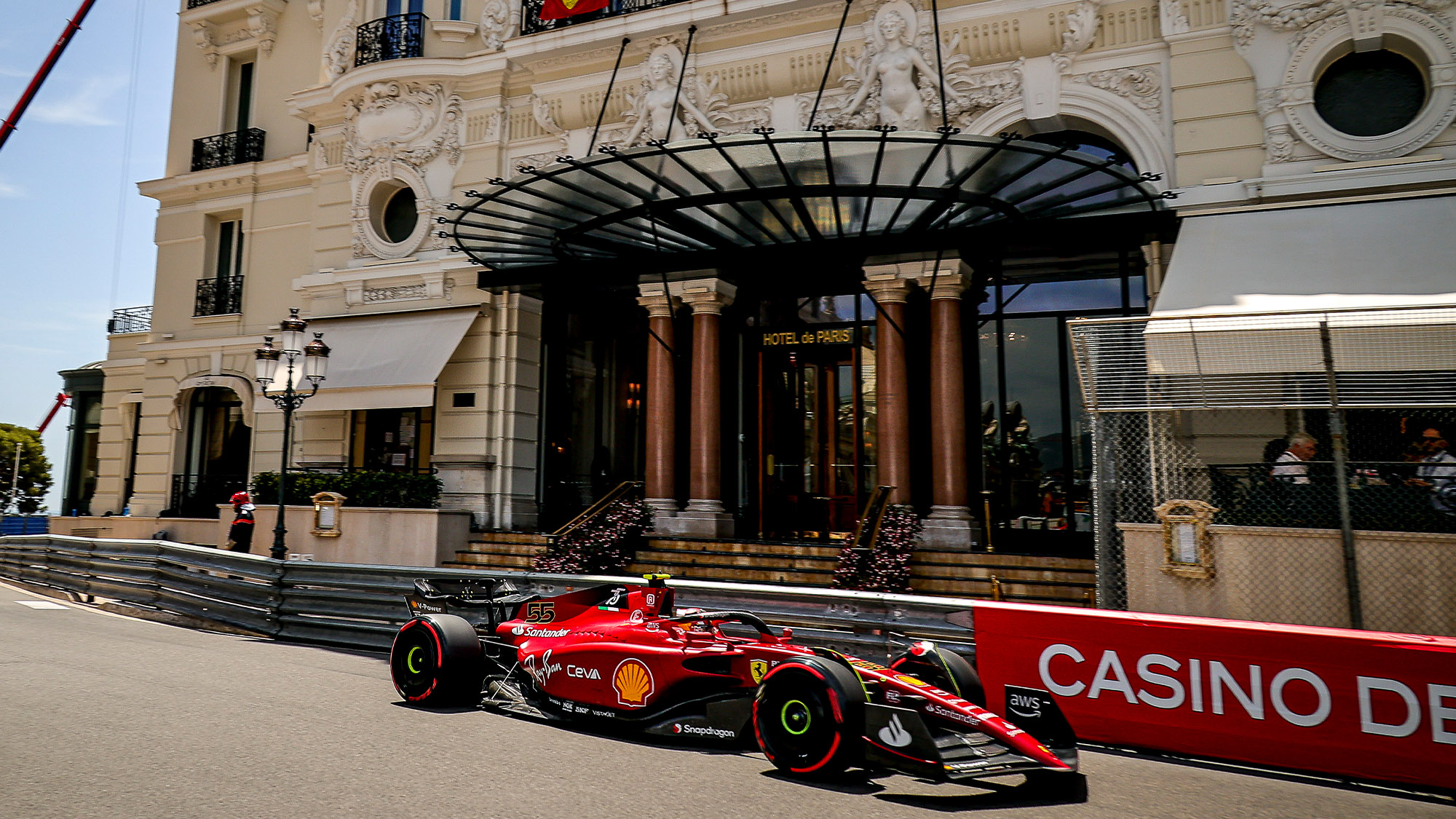
Sponsored by Betstation.com
Gambling comes naturally to a Formula 1 driver with taking risks an occupational hazard when you are pushing a 1000bhp monster of a machine to its very limits.
And yet, for the majority of its existence, gambling has been a dirty word in F1 with the betting industry barred from the paddock.
Zipping past the Monte Carlo casino once per season, a bizarre three-year stint in the 1980s racing in the car park of Caesars Palace in Las Vegas, and the occasional poker appearance by card sharks Michael Schumacher and Fernando Alonso were as close as gambling and F1 got for decades.
Nice evening of poker for some people… ;)))! Sorry for my colleagues, I was just “on fire” !! ;)))) pic.twitter.com/LjZfWsAQ
— Fernando Alonso (@alo_oficial) June 2, 2012
Under his 40-year stewardship, former owner Bernie Ecclestone kept the door tightly closed, believing the glamorous image of the sport would be tarnished if betting firms were allowed in.
Having been happy to allow the tobacco trade, alcoholic drinks and even adult magazine sponsors to be splashed all over his cars during his tenure, Ecclestone drew the line at betting, a line that has since been scrubbed out by F1’s new custodians, Liberty Media.
Formula 1 took the initial steps towards introducing gambling to race fans in 2018 when signing a $100million deal with sports marketing company Interregional Sports Group (ISG), granting them a license to sell on-screen and trackside advertising space to the gambling industry.
The bar was raised again in 2020 when it was confirmed 188Bet had been made an official F1 betting partner in Asia, with ISG then negotiating a deal for PokerStars to become its principal EU gambling consort.
A betting partnership with F1 makes sense: both industries are trying to crack America
The reaction to F1’s burgeoning relationship with betting has been mixed, being branded in some quarters as a step backwards by a sport trying to be viewed as progressive.
A tie-up with betting may raise some ethical questions but from a financial standpoint, a relationship is a no-brainer given F1’s eagerness to explore revenue streams.
Betting is big business and it’s only getting bigger. A 2022 Business Research Company report has predicted that the sports betting market size will grow from $89.65 billion in 2021 to $99.20 billion in 2022, ballooning to $144.34 billion in 2026.
A lot of that growth will come in Asia and the United States, with the latter having mirrored F1 in shutting out sporting betting until recently.